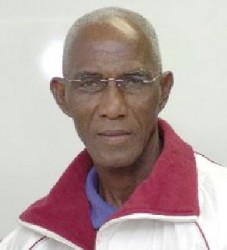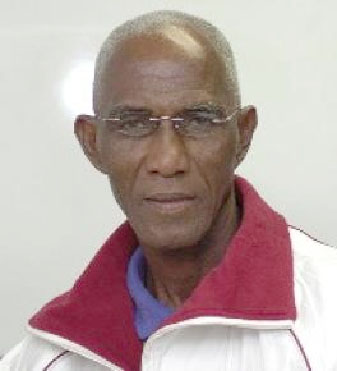PORT OF SPAIN, Trinidad, CMC – A former West Indies player, chief selector and manager believes CARICOM’s help is needed if the West Indies Cricket Board is to avoid the hefty multi-million dollar pay-out the Indian Cricket Board has demanded as compensation for the recently abandoned tour.
Mike Findlay, who played ten Tests between 1969 and 1973, said it was important a high level regional delegation travelled to India to engage the Indian government in talks over the issue.
“We may very well have to call on governments of the Caribbean who are friendly with the Indian government to mount a diplomatic mission to India because diplomacy is required,” Findlay told the Trinidad Express newspaper.
“Here is where CARICOM can player a very critical and important role because I don’t know where they (the WICB) will get that money. If they have to pay that then West Indies cricket will be on the precipice of collapse. We are struggling already.

“Even in the Caribbean the crowds have fallen off, the sponsorship has fallen off, it is a lot of trouble we are in. It is a tall order.”
Indian cricket authorities have demanded nearly US$42 million in compensation for West Indies players quitting the tour of India after the fourth game of the intended six-match limited overs series.
The players were protesting the conditions of the new playing contracts which they said would have resulted in up to a 75 per cent reduction in their earnings.
Their move also forced the WICB to call off the three-Test tour which had been scheduled to start October 30th.
Findlay said while the BCCI’s claim was understandable, the WICB needed to use all diplomatic channels to get the Indians to renege on their demand.
“One can’t blame the Indian Board for seeking redress for the losses incurred. We can only try to persuade them,” said Findlay.
“You have to try all measures but I believe very strongly that the WICB should try to get the BCCI to forgive the West Indies because US$42 million is a lot of money. Where is the WICB going to find that amount of money to pay the Indian board.”

